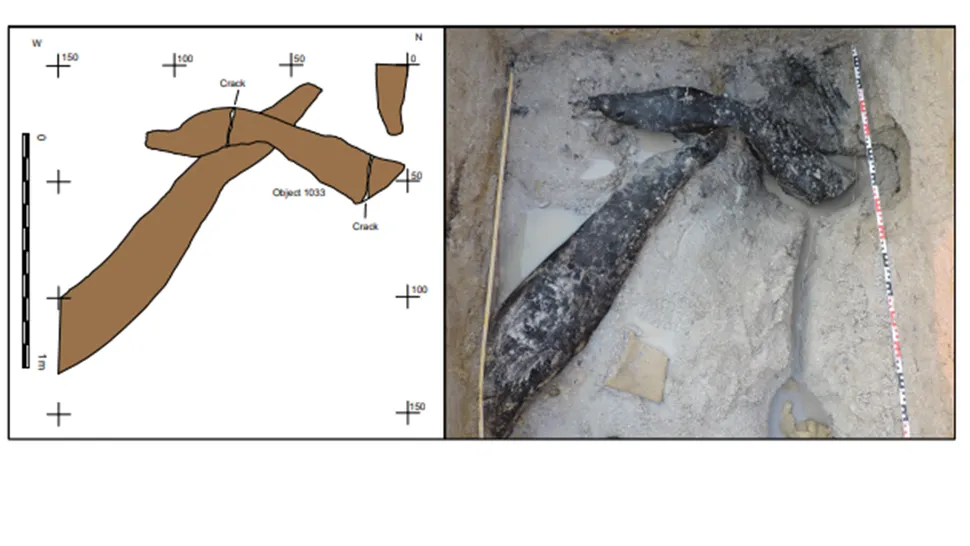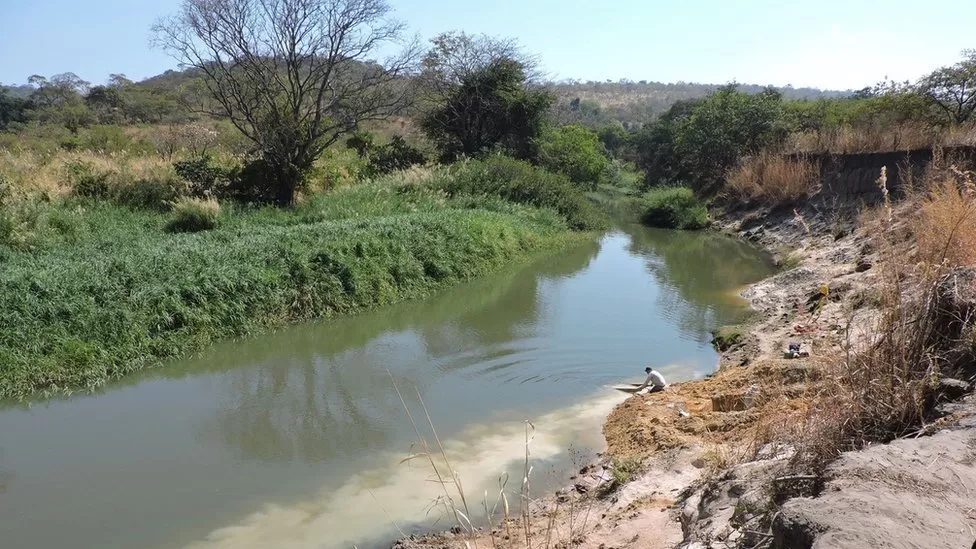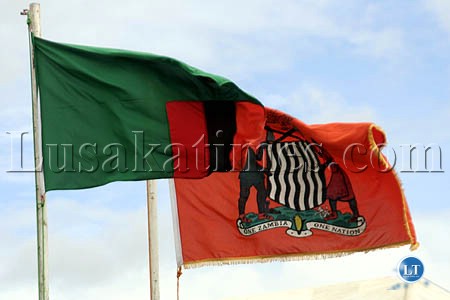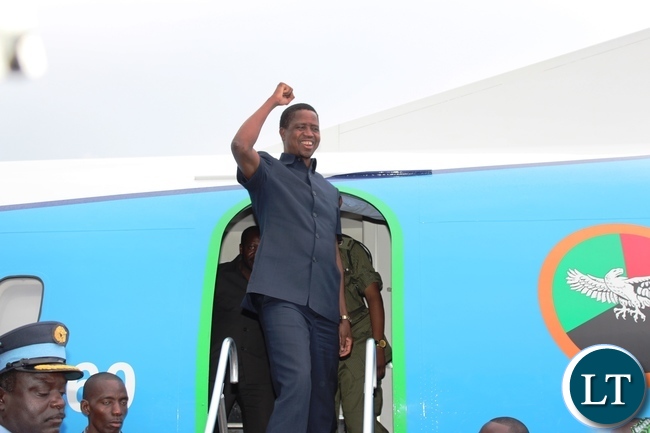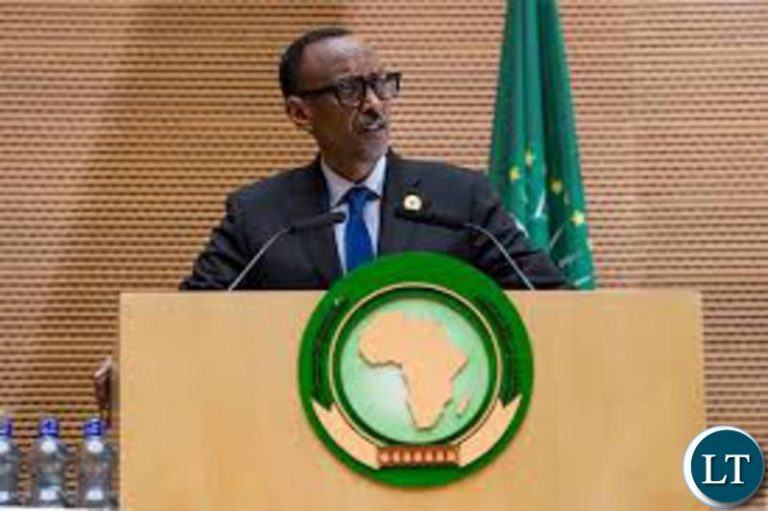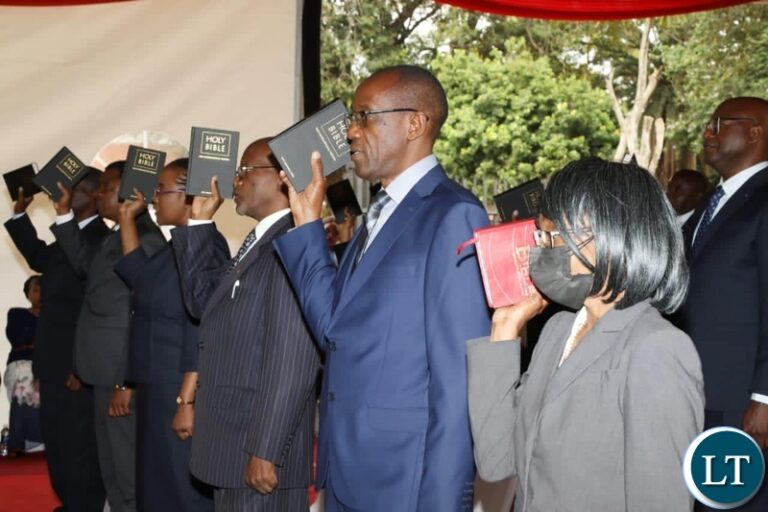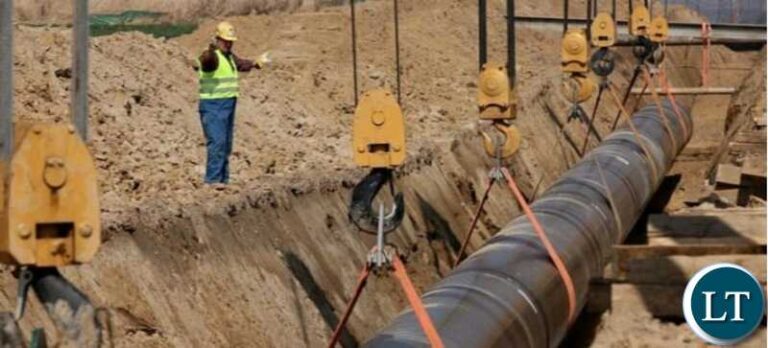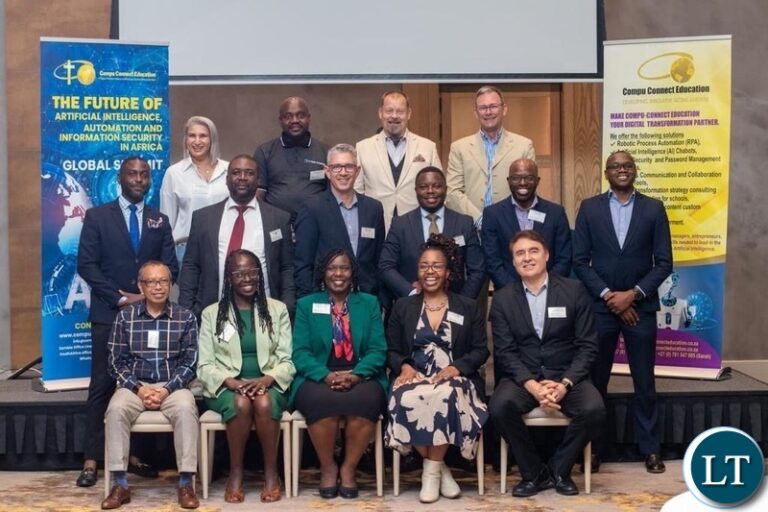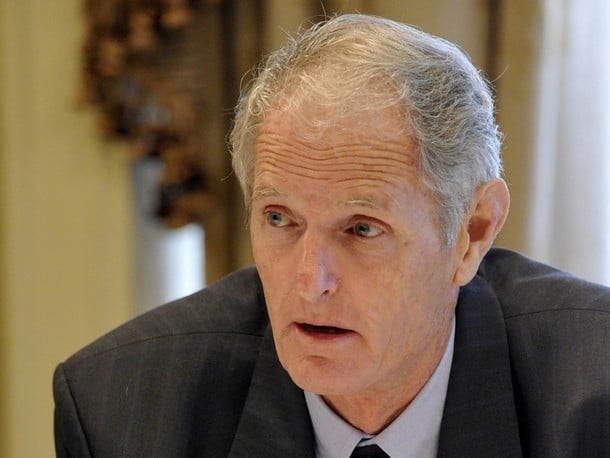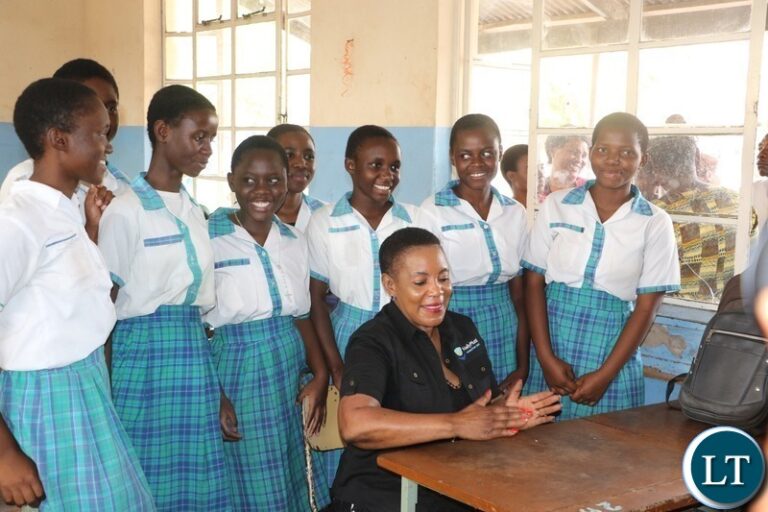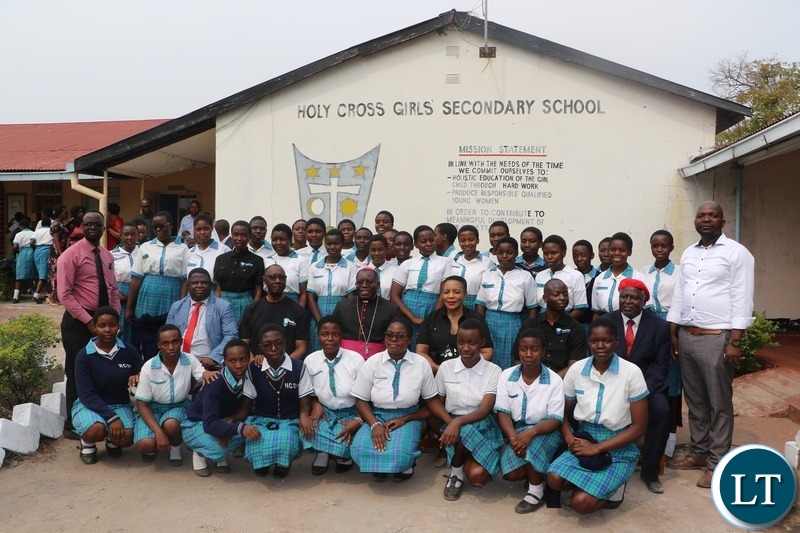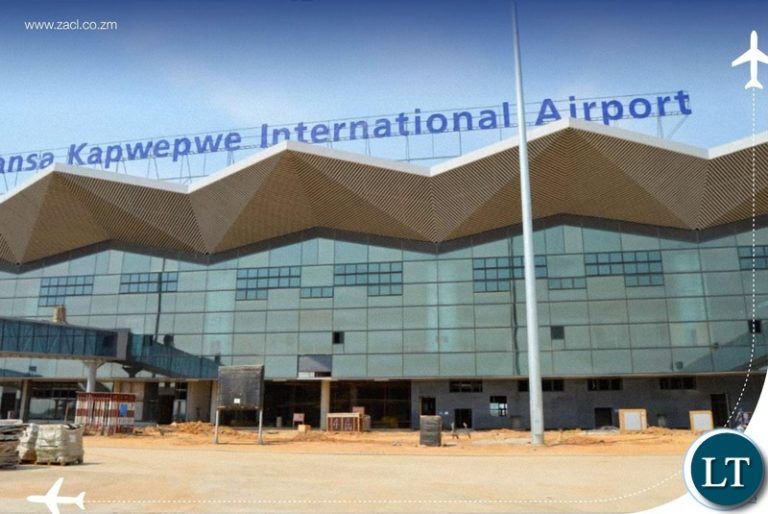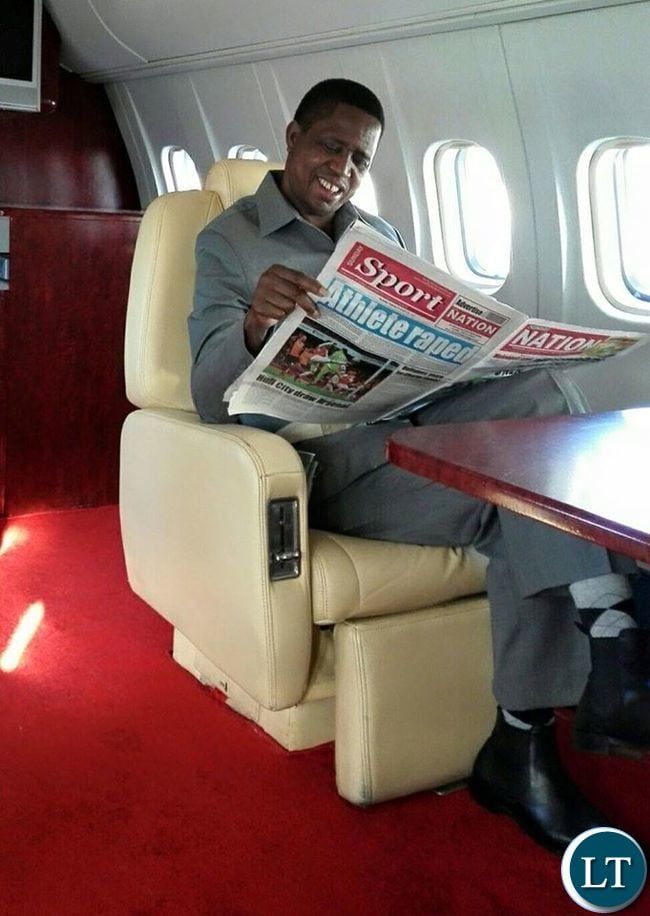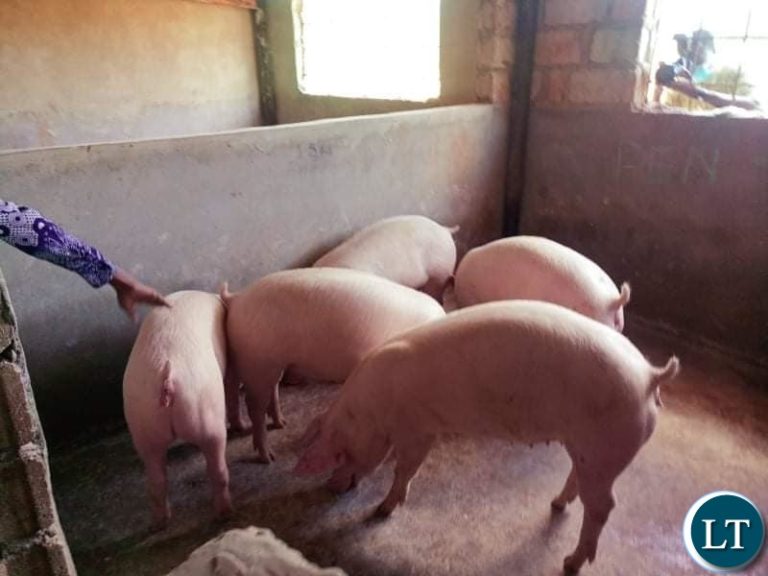By Isaac Mwanza
The global human rights community is increasingly observing the imposition of restrictions on former President Mr. Edgar Chagwa Lungu by the new administration in the Republic of Zambia.
This situation calls for reflection and raises concerns, particularly in light of President Hakainde Hichilema’s stated commitment to building a human rights legacy.
These actions have garnered unfavourable attention and raised concerns about President Hichilema’s administration. It’s important to note that recent actions taken against Mr. Lungu are not isolated incidents but seem to reflect a broader trend.
The sequence of events began with an unsuccessful attempt by some supporters of the UPND in Eastern Province to prevent the former President from attending a traditional ceremony.
Subsequently, more formal and organized measures have been employed, involving government institutions and offices.
In a span of just two weeks, former President Lungu has faced several restrictions on his rights.
He was initially denied the right to travel to South Africa for medical treatment, followed by an incident in Ndola where he was prevented from assembling for a church service to which he had been invited.
Most recently, he was ejected from a plane and prevented from traveling to South Korea to attend a World Peace Conference.
The government’s explanation for these restrictions, as conveyed by the Chief Government Spokesperson, was notably flimsy and playful.
It was stated that President Lungu did not obtain the necessary permission from the Cabinet to travel abroad.
If it was comrade Thabo Kwana who made these excuses, it would be understood. However, the implications of these actions go beyond mere administrative procedures.
What is particularly concerning is that, in the history of Zambia, this is the first time that a former Head of State has had his constitutional rights restricted in such a manner.
It raises questions about whether the government is implying that a former Head of State no longer possesses inherent rights. Such a precedent could have far-reaching implications for the treatment of former Presidents in the future.
In this context, it is essential to turn to the Constitution of Zambia for guidance. Article 22 of the Constitution specifically safeguards the rights of all citizens to travel freely. It expressly states:
“22. (1) Subject to the other provisions of this Article and except in accordance with any other written law, no citizen shall be deprived of his freedom of movement, and for the purposes of this Article, freedom of movement means –
(a) the right to move freely throughout Zambia;
(b) the right to reside in any part of Zambia; and
(c) the right to leave Zambia and to return to Zambia.”
This constitutional provision underscores the fundamental right of all Zambian citizens to move freely within the country, to reside in any part of Zambia, and crucially, the right to leave Zambia and return without unjustified hindrance.
The recent restrictions placed on former President Lungu’s ability to travel and assemble raise important questions about whether they comply with the Constitution’s criteria for reasonable limitations.
The government’s assertion that Cabinet permission was necessary for the former President to travel abroad may require further interrogation but it may change nothing for now.
The only reasonable explanation for the State’s ability to impose travel restrictions on the former President is if such restrictions are genuinely necessary in the interests of defence, public safety, public order, public morality, public health, or for regulating land and property use in Zambia.
Moreover, any denial of the right to travel on these grounds should be demonstrably justifiable within the framework of a democratic society. This is precisely why the explanations provided by the Chief Government Spokesperson is derisory.
In the event that the decision to restrict the former President’s rights were to be legally challenged in an impartial court of law, a fair-minded judge would likely find such actions deserving of censure.
However, it is the view of this author that pursuing such a legal challenge may not yield fruitful results. The predictability of our court system and the way decisions are typically rendered make it seem like a potentially futile endeavour.
Another significant matter to be addressed in this article pertains to the ongoing debate concerning the political status of former President Lungu.
It is noteworthy that President Lungu formally communicated his intention to retire from active politics to his party. Subsequently, he also informed the Cabinet of this decision.
It is crucial to examine President Lungu’s notices to both the Party and the Cabinet holistically.
The complexity arises from the fact that this retirement notice is not immediate; rather, it is conditional on President Lungu handing over power to the next party President of the Patriotic Front, to be elected at the upcoming convention.
This effectively places President Lungu in a situation where he is simultaneously involved in politics and transitioning into retirement from active political engagement.
According to the Benefits of the Former Presidents’ Act, retirement from active politics entails refraining from holding elective or appointive positions within a political party or aspiring to do so.
As the current situation stands, this interpretation is affirmed by the PF Party Chairperson for Legal Affairs, Mr. George Chisanga, who also serves as a lawmaker for Lukashya Constituency.
Mr. Chisanga’s perspective holds merit because the notice to the Secretary to Cabinet cannot be viewed independently of the attached conditional letter, in which President Lungu expressed his intent to step down within the party.
In practical terms, this dual role implies that President Lungu remains an active participant in politics as long as he retains his position within the former ruling party, pending the transfer of power to the individual elected at the forthcoming convention, whenever that may occur.
What is evident is that President Lungu’s leadership within the ruling party remains in effect until April 2026, marking five years from his last election as the former ruling party’s President.
The decision as to whether he wishes to be regarded as an active political figure by retaining his position or to make it unequivocally clear that he no longer holds the role of the former ruling party’s President rests entirely with him.
However, in the hypothetical scenario where the former President has indeed retired from active politics, meaning he does not hold or aspire to hold any elective or appointive position within the former ruling party, questions arise regarding his political rights.
Specifically, it raises the question of whether he retains the rights guaranteed by the constitution to affiliate with any political party of his choice, including being an ordinary member of the former ruling party.
The Zambian Constitution, as articulated in Article 21, unequivocally safeguards the former President’s right to association and assembly.
Article 21 makes it clear that no one can be hindered in the exercise of their freedom to assemble freely, associate with others, and, notably, form or belong to any political party, trade union, or other association for the protection of their interests without their consent.
The framers of the Benefits of Former Presidents’ Act did not intend to diminish this constitutional right to remain or join a party of one’s choice as an ordinary member.
Consequently, a former President who retires from active politics, as we see from the United States, continues to enjoy the right to vote for any candidate of their choosing, join any association of their preference, and even participate in election campaigns, albeit not as a candidate for themselves but in support of those running under their party’s ticket.
In summary, the limitations placed on former President Lungu’s travel and his political status require a rational discussion, free from emotional biases that could potentially lead to the infringement of his constitutional rights by the State.
Government must give better reasons for restricting his freedom of movement and we must as a society assess whether such reasons align with the Constitution’s criteria for reasonable justification. Apparently, it appears that they do not.
Additionally, the ambiguous political status of President Lungu has understandably created unease among those currently in authority.
His simultaneous involvement in politics while transitioning into retirement has posed a challenge, causing some in power to question whether he should continue to enjoy fundamental rights like association and assembly.
Given this uncertainty, it is advisable for the former President to carefully reconsider his position.
President Hichilema should handle this matter judiciously to avoid the perception that his administration is leaning towards autocracy.
It remains crucial for him to counsel his government colleagues on the importance of safeguarding the rights of former President Lungu and upholding the principles of the rule of law, regardless of any personal reservations.
Demonstrating tolerance should be a hallmark of President Hichilema’s leadership.Top of Form
Bottom of Form
[For any comments and contributions, send email to: [email protected]]
